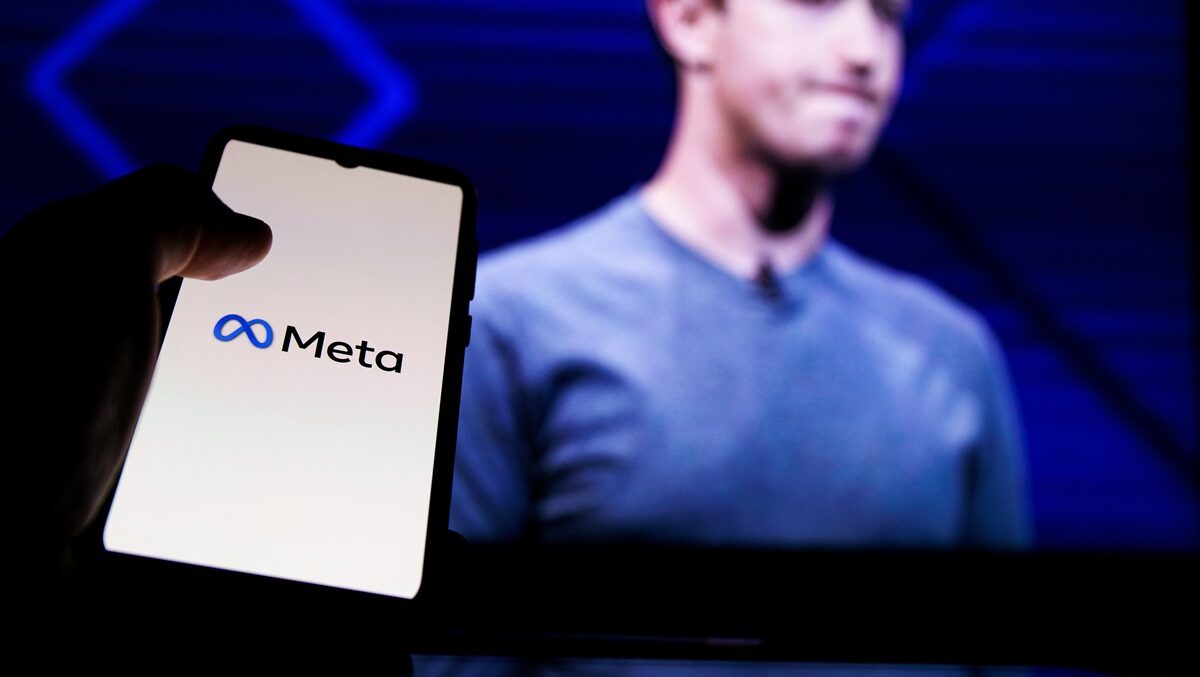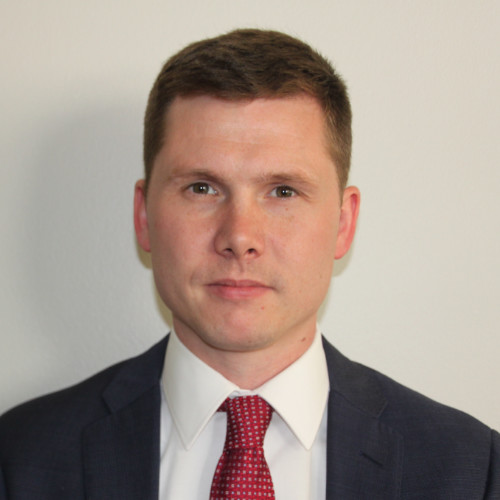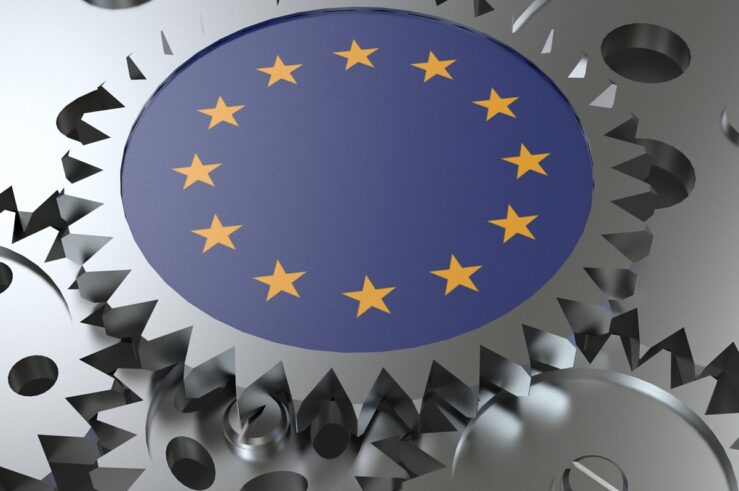
In a video posted to Instagram earlier this week, Meta Platforms CEO Mark Zuckerberg announced “major changes” to Facebook and Instagram’s content-moderation policies and operations. Zuckerberg highlighted the importance of allowing private market actors to decide the best way to balance the speech interests of their users. As we move into a new administration, one hopes we can leave behind government pressure campaigns intended to direct how social-media companies should exercise their editorial judgment.
Meta’s Announcement
In his short video, Zuckerberg stated that Meta would be returning to its “roots around free expression.” While he agreed there was definitely harmful content out there that needed to be removed, he also pointed out that “governments and legacy media have pushed to censor more and more.”
Though it may be small in terms of percentage, he now believes too much content has been removed and, as a result, that Meta has lost the trust of many users. Therefore, Meta will now:
- Replace third-party fact-checkers with community notes, similar to those employed on X. Zuckerberg asserted that this decision was made because fact checkers are too politically biased and have destroyed trust.
- Simplify content policies and get rid of restrictions on topics like immigration and gender. While intended to make the platform more inclusive, Zuckerberg said the effect has actually been to shut down opinions.
- Change enforcement to reduce mistakes that lead to censorship. Meta filters will focus on high-severity violations of moderation policies and rely on reporting for lower-severity violations. A higher degree of confidence about a policy violation will be required before takedown.
- Bring back civic content by allowing it to show up in feeds again.
- Move Meta’s trust-and-safety and content-moderation teams from California to Texas for U.S.-based content review. This is being done, Zuckerberg said, to try to reduce political bias.
- Work with the incoming administration to push back on government pressure campaigns around the world to force social-media platforms to censor. That includes the pressure campaign here in the United States under the Biden administration.
Error-Cost Framework?
What I find most notable about Zuckerberg’s message is that he now seems to embrace an error-cost framework for speech.
He notes that Meta has a choice to make in its content-moderation policies. Depending on the shape they take and how they are enforced, the effect can be either too much censorship of “good” speech or allowing too much “bad” speech to remain. There is always a chance of Type I and Type II errors. The choice is whether to err on the side of too much speech or too little.
Zuckerberg is now of the opinion that Meta’s policies led to too much censorship:
The problem is that the filters make mistakes, and they take down a lot of content that they shouldn’t. So, by dialing them back, we’re going to dramatically reduce the amount of censorship on our platforms. We’re also going to tune our content filters to require much higher confidence before taking down content. The reality is that this is a trade-off. It means we’re going to catch less bad stuff, but we’ll also reduce the number of innocent people’s posts and accounts that we accidentally take down.
This is a reasonable opinion when it comes to policing things like misinformation or hate speech, because such labels are often highly contested. Focusing moderation on types of speech that lead to near-universal disgust makes a lot of sense.
Pushing Back Against Government Censorship
Zuckerberg’s announcement also placed significant emphasis on pushing back against government pressure for censorship.
Perhaps this is in response to the election and the interests of the incoming administration, but he noted that there has been considerable pressure—both in the United States and around the world—placed on social-media companies to remove speech disfavored by political actors:
The US has the strongest constitutional protections for free expression in the world. Europe has an ever-increasing number of laws, institutionalizing censorship, and making it difficult to build anything innovative there. Latin American countries have secret courts that can order companies to quietly take things down. China has censored our apps from even working in the country. The only way that we can push back on this global trend is with the support of the US government, and that’s why it’s been so difficult over the past four years when even the US government has pushed for censorship.
I’ve written previously on many occasions about the dangers of backdoor government censorship. It is good that Meta now admits the U.S. federal government pushed for censorship. One hopes that this signals that social-media companies will now take a stronger stance against government efforts to censor.
Converging on a New Equilibrium
Meta’s policy shift also suggests that we may be converging toward a new equilibrium for online—speech governance. When Elon Musk first bought Twitter/X, I wrote:
Musk appears to be making a bet that the market for speech governance is currently not well-served by the major competitors in the social-media space. If Twitter could thread the needle by offering a more politically neutral moderation policy that still manages to keep off the site enough of the types of content that repel users, then it could conceivably succeed and even influence the moderation policies of other social-media companies.
That now appears to have happened. X tried out a new way to deal with the problem of misinformation through community notes, which Meta now seeks to imitate. X allowed more speech on politically contentious issues and now Meta looks to do the same.
Conclusion
Striking a proper balance among online platforms’ various speech interests is always tricky to navigate, which is why it is best to let the market decide. One hopes that a more hands-off approach from governments, both here in the United States and around the world, will help to foster competition in this space.




